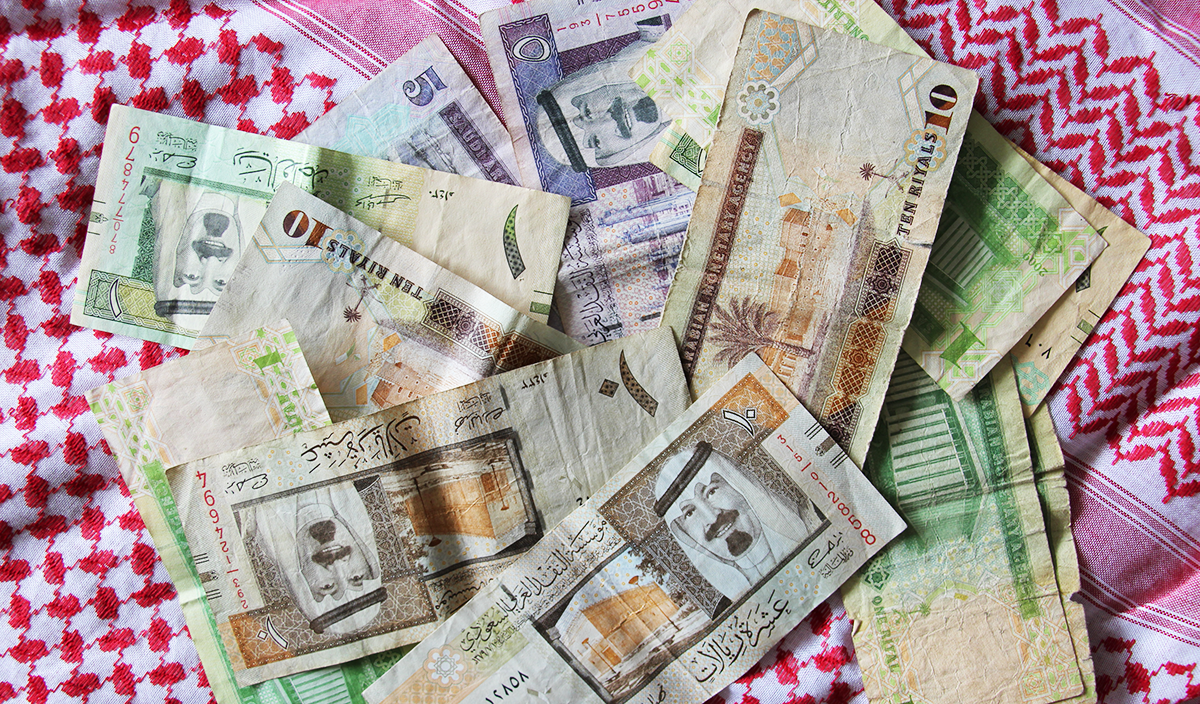Sovereign Wealth Funds are drawing down on their assets held by managers at an alarming rate, with estimates from some providers putting the amount at $19bn in the third quarter of this year alone, according to reports.
A Financial Times report (link here to the same story in CNBC) cites the data provider eVestment as saying the drawdown is occurring at a record rate. The report also said the drawdown is likely to be much higher as “some asset managers, including BlackRock, the world’s biggest fund house, do not disclose their dealings with sovereign funds,” the Financial Times reported.
Sovereign wealth funds, which are investment vehicles for countries to generate profit in foreign economies and shield their own economies against downturns, are considered separate from reserves held in central banks, though the distinction is not always easy to make. The first such international institution was founded in Kuwait in 1952, but today, the world’s largest sovereign wealth fund is based in Norway.
The drawdown is occurring because of the price of oil and gas has plummeted. Sovereign Wealth Funds are “being raided” because governments need the funds to prop up their budgets in the face of low revenues. The FT report cited the CEO of one asset management fund who said, “If the oil price remains low, we will see more redemptions from sovereign wealth funds.”
The total amount of money in SWFs globally is estimated to have doubled since 2007, totaling more than $6.35 trillion.
According to Reuters, the Saudi Arabian Monetary Agency (SAMA) is one of the sovereign wealth funds that has made withdrawals from its asset managers the report said, adding that the fund, with more than $650 billion in assets has withdrawn around $70 billion.
A report in the Economist last year, before oil prices tumbled, cited Michael Maduell of the Sovereign Wealth Fund Institute, as saying that Saudi Arabia is the most cautious investor of the Gulf funds.









